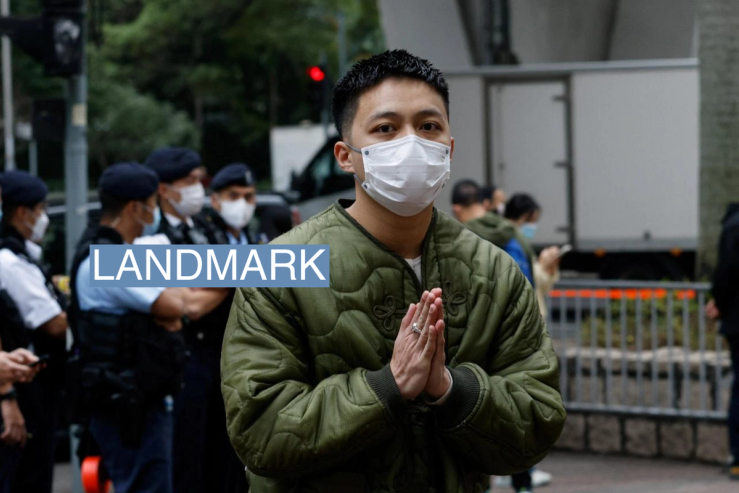The News
Hong Kong’s largest national security trial began Monday with 47 pro-democracy activists accused of “subversion” for holding an unofficial primary election.
Here’s what you should know about the trial and its implications:

Who is on trial?
- The trial opened with 16 democracy activists pleading not guilty to the charge of subversion for participating in an unofficial primary election in 2020.
- A total of 47 people were arrested during early morning raids in January 2021 under the sweeping national security law Beijing imposed on the city in response to widespread 2019 pro-democracy protests.
- According to The New York Times, 12 of the arrested protesters are elected lawmakers, 21 are elected district officials, and 13 are activists. There is also one university professor.
- They range in age from 25 to 66, and include prominent activists such as Leung Kwok Hung, widely known as “Long Hair,” and lawmaker Claudia Mo.
The law the protesters broke
The 2020 national security law, imposed by Beijing to quash unrest in Hong Kong after widespread pro-democracy protests, punishes crimes of secession, subversion, terrorism, and collusion with foreign forces with sentences of up to life in prison. The language is vague, making it subject to interpretation.
The law legalizes the wire-tapping and surveillance of people suspected of breaking the law, and in some cases suspects can be tried in mainland China.
The Implications
Hong Kong was granted considerable political autonomy on its handover to China after decades of British colonial rule ended in 1997. The city historically enjoyed rights not seen in the mainland, including free assembly and free speech.
The 2020 national security law was roundly criticized for violating the “one country, two systems” safeguard.
That Beijing moved to implement the law anyway was viewed as a sign of its growing interference in Hong Kong, and the curbing of its freedoms.

